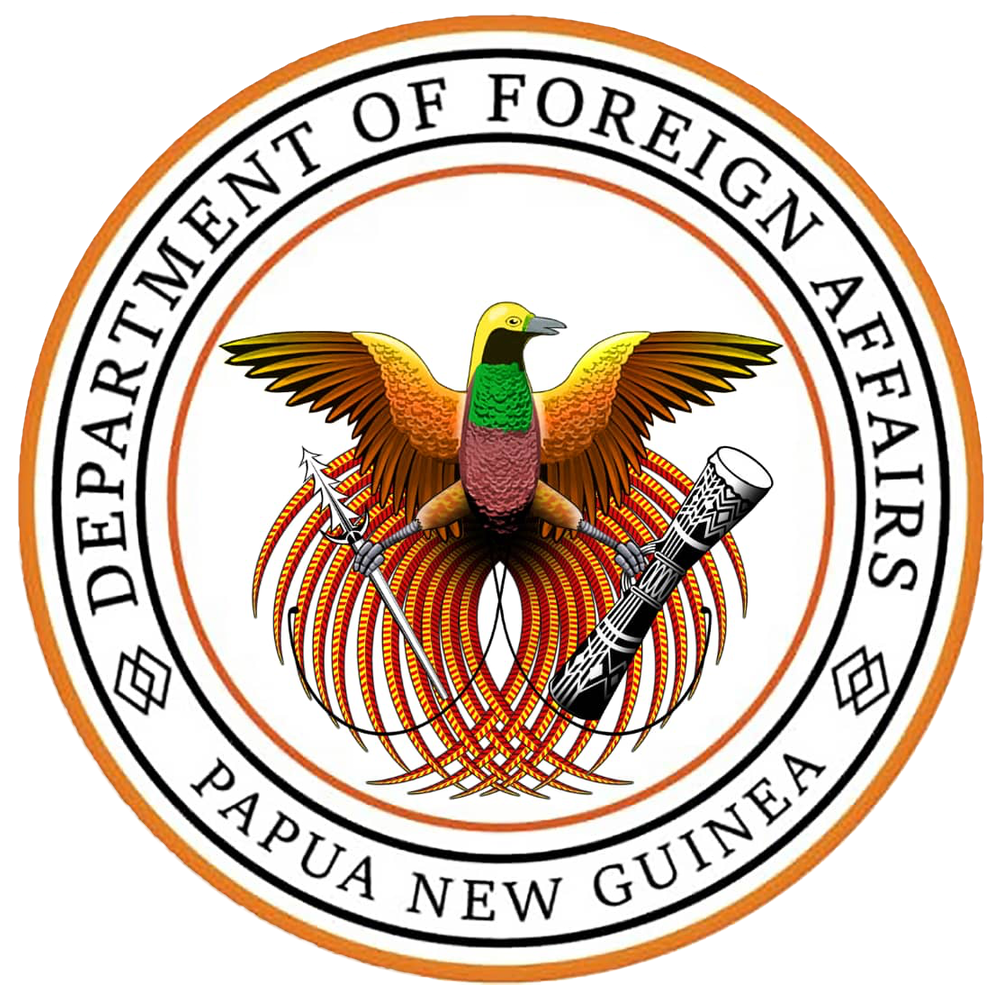About PNG: Finance
The finance sector in Papua New Guinea (PNG) plays a crucial role in supporting the country's economic development and facilitating financial inclusion. PNG's financial system is characterized by a mix of traditional financial services and modern banking institutions. The Central Bank of Papua New Guinea serves as the country's central monetary authority, overseeing monetary policy and regulating financial institutions.
The kina, introduced several months before Papua New Guinea gained independence, is the country's currency. The central bank is the Bank of Papua New Guinea. The value of the kina increased greatly following independence, but the secession crisis in Bougainville in 1989 and poor fiscal control resulted in major devaluation through the 1990s. Over the next decade, responsible financial management was restored and the central bank strengthened. Papua New Guinea has had a small stock exchange since the late 1990s, but many of the companies traded—chiefly mining, oil, and financial concerns—are foreign-based.
Banking in PNG has witnessed significant growth in recent years, with both domestic and international banks operating in the country. Major banks provide a range of services, including savings and checking accounts, loans, and electronic banking. While the sector has expanded, access to banking services remains a challenge in some remote areas, prompting efforts to enhance financial literacy and extend banking services to underserved communities.
The country's financial markets are relatively small, with the Port Moresby Stock Exchange being the primary securities exchange. The stock market plays a role in facilitating capital mobilization for businesses, although the market is still in its developmental stages. PNG's financial landscape also includes microfinance institutions and cooperatives that contribute to financial inclusion by serving individuals and businesses in rural and informal sectors.
Challenges in the finance sector include issues such as financial literacy, cybersecurity, and the need for further infrastructure development. Efforts to address these challenges involve collaborations between the government, financial institutions, and international organizations. Initiatives to improve financial education aim to empower individuals with the knowledge needed to make informed financial decisions.
In recent years, PNG has witnessed an increased focus on leveraging financial technology (fintech) to enhance financial services and expand access. Mobile banking and digital payment platforms have gained popularity, especially in urban centers. The government is actively working towards creating an enabling regulatory environment for fintech innovation to flourish, contributing to the modernization of the finance sector in Papua New Guinea.

